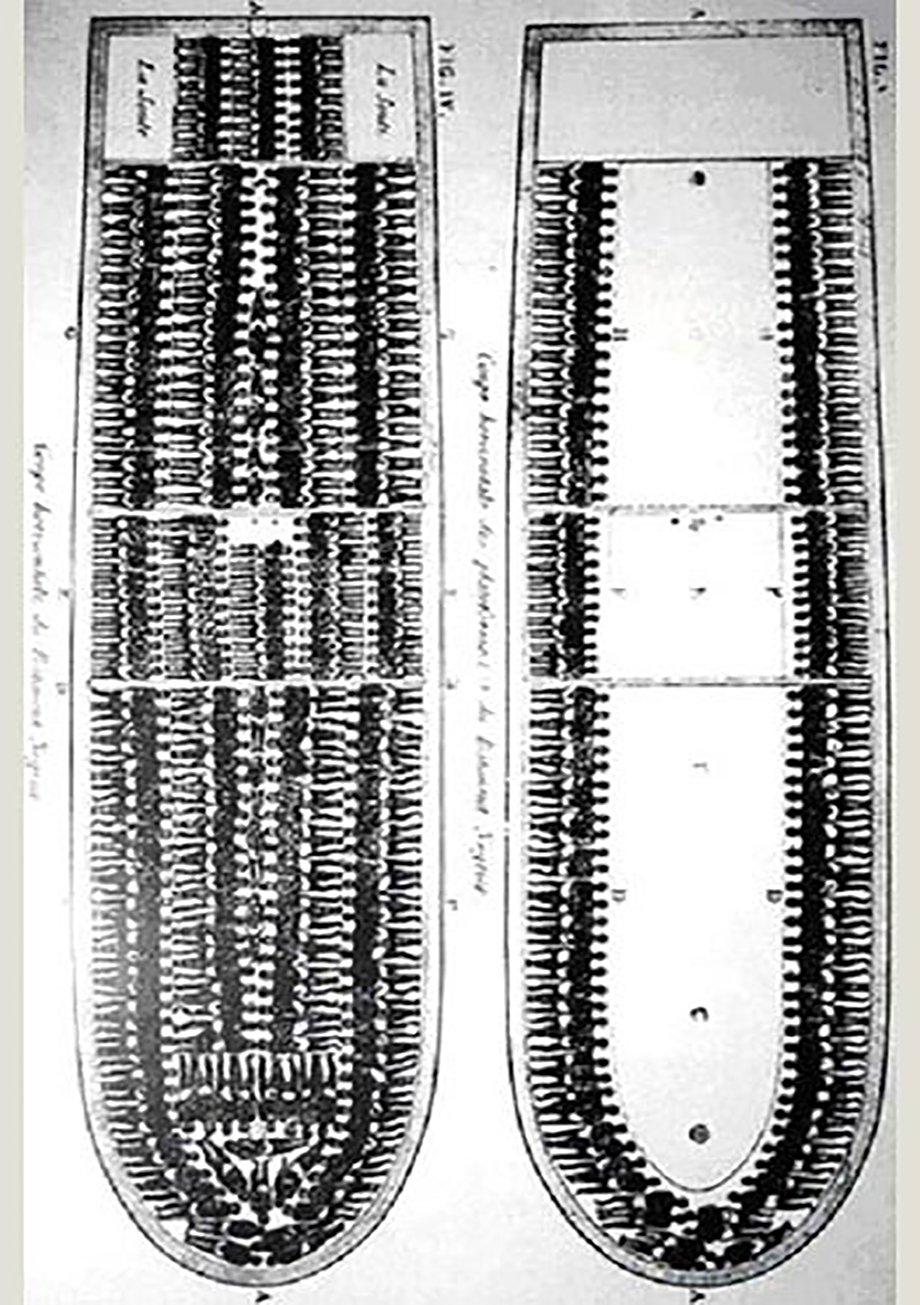- The school
- Studies and Research
- BACHELOR
- MASTER
- DOCTORATE
- RESEARCH
- TRANSDISCIPLINARITY
- POOLS
- CONTINUING EDUCATION
- Continuing education 2025-2026
- Artificial Intelligence, initiation
- Artificial Intelligence, Advanced
- Artificial intelligence open-source, ComfyUI
- Creative coding
- Engage with drawing
- Frame-by-frame animation
- Immersive Mapping : Unreal Engine & MadMapper
- 3D exhibition modeling in SketchUp
- 3D modeling, Blender
- Point cloud scanning
- Documentary podcast
- Serious games
- For students
- Studying at the HEAD
- InfoLab
- Living in Geneva
- Tuition fees and sholarship
- Library
- Regulations and instructions
- Projects
- Events
- Press
- Partnerships and prizes
Thinking Under Turbulence Geneva Colloquium
Monday 16 November 2015
Decolonizing Europe
Talk by Françoise Vergés (in French)
With response by the participants of the seminar Political Studies
HEAD, Boulevard Helvétique 9, seminar room CCC, salle 27, 2nd floor
at 7 pm
“First we must study how colonization works to decivilize the colonizer, to brutalize him in the true sense of the word, to degrade him, to awaken him to buried instincts, to covetousness, violence race hatred and moral relativism.” Aimé Césaire, Discourse on Colonialism (2000:35)
In this presentation, Françoise Vergès wishes to explore the “boomerang effect” of modern slavery, colonialism, and imperialism that Aimé Césaire summarized with the term “decivilize.” If, as Frantz Fanon would later wrote “Europe is literally the creation of the Third World,” then it is important to understand how slavery and colonialism have undermined everyone and benefited no-one. In the first part of her talk, Vergès will show why and how modern slavery cannot be separated from the history of democracy and democratic thought and the ways in which Europe and the West constructed their identities as the site of progress, freedom and whiteness. She will show how its products – tobacco, sugar, coffee, cotton – affected social mores, the ways in which masculinity and femininity were conceived, the distinction between producer and consumer, or the ways in which “Nature” was perceived. In the second part, she will examine the current cartography of Europe and argue the urgent necessity of developing a politics and poetics of second wave decolonization, and what decolonizing Europe may mean today. She will address the consequences of racial capitalism, predatory politics, growing inequalities, politics of dispossession and relegation in Europe.
Françoise Vergès’ presentation will be responded by the participants of Pierre Hazan’s seminar of Political Studies of the research-based study program CCC-in-transition. The seminar addresses the question of “taking position” in a moment when crisis is linked to the deaths of refugees and migrants, the financial crisis, rising xenophobic populist movements and wars in Ukraine and the Middle East. Europe today goes through severe challenges on its centers and peripheries. What is the role of artists and intellectuals in this moment of heavy dangers? How to think, create and act in front of the increasing dangers while facing the tempting forces of impotence?
Françoise Vergès holds the Chair “Global South(s),” Collège d’études mondiales, Paris. Vergès grew up in Reunion Island in a communist, anti-colonialist and feminist family. In the 1970s–1980s, she was a journalist in a feminist monthly and weekly, an editor in a feminist publishing house in France and worked in anti-racist and anti-imperialist movements. She has written extensively on vernacular practices, memories of colonial slavery and colonialism, psychoanalysis, Frantz Fanon, Aimé Césaire, and on processes of creolization in the Indian Ocean world. Between 2000 and 2010, she was Head of the scientific and cultural program for a forthcoming museum in Reunion Island for which she advocated the idea of a “museum without objects.” Between 2009 and 2012, she was president of the Committee for the Memory and History of Slavery in France, created in application of the May 21st 2001 Law (Loi Taubira) recognizing slave trade and slavery as “crime against humanity.” Beside her activism-based writings, Françoise Vergès is author of moving-image documentaries, collaborated with filmmakers and artists and has been working as an independent curator.
The evening is the public part of the one-year colloquium “Thinking under Turbulence” that frames the curriculum during the transition of the CCC Master Programme in 2015/16 at Haute école d’art et de design in Genève. Contributors to the Colloquium are invited guests in conversation with CCC-students and faculty members. The one-year Colloquium takes place at a transitional moment of CCC, the research-based programme on curatorial concerns in globalizing times and in techno-politics under new direction of Doreen Mende. It will offer time to think how such a programme can process itself further and against itself in times of accelerationist imperatives brought by financial global capitalism. The Colloquium departs from literally “a speaking together”: from com- “together” + -loquium “speaking”. A speaking together outside/inside the academy. Therefore, the concept of the Colloquium does not propose thinking to be a philosophical method to study a subject matter but departs from a moment under conditions of turbulence when knowledge is in crisis that makes it necessary for us to think, to think differently.

Thinking Under Turbulence Geneva Colloquium
© Brookes, navire négrier, première parution dans Society for Effecting the Abolition of the Slave Trade, Plymouth, 1788.
© Brookes, navire négrier, première parution dans Society for Effecting the Abolition of the Slave Trade, Plymouth, 1788.
